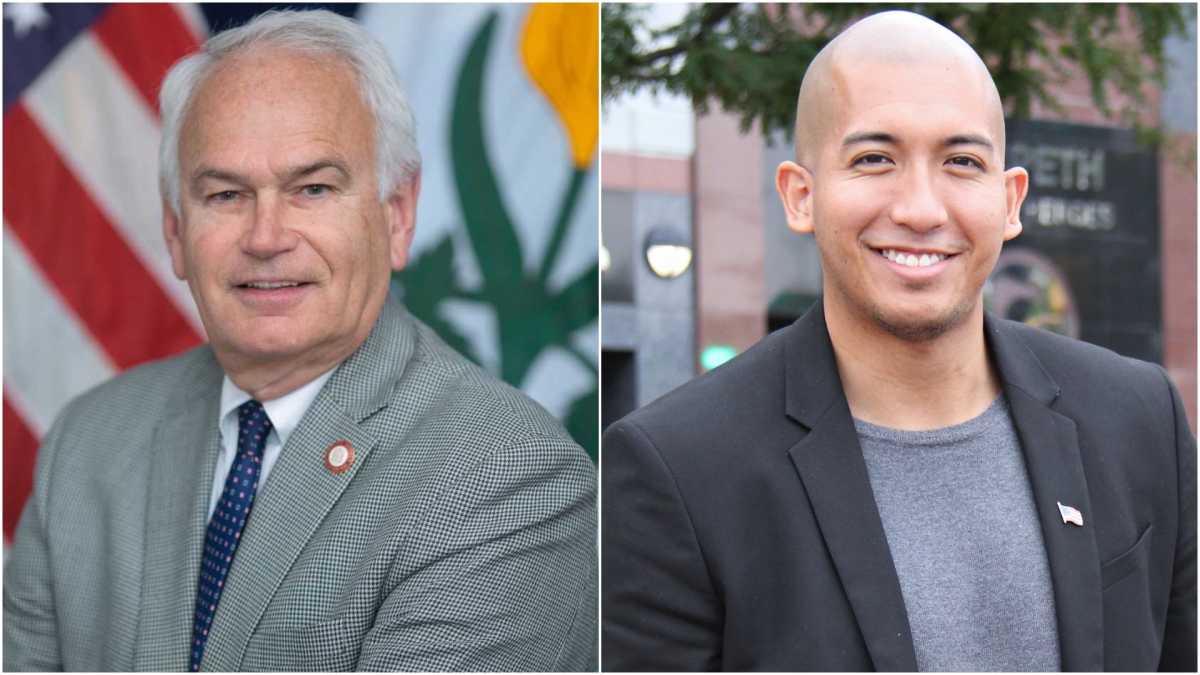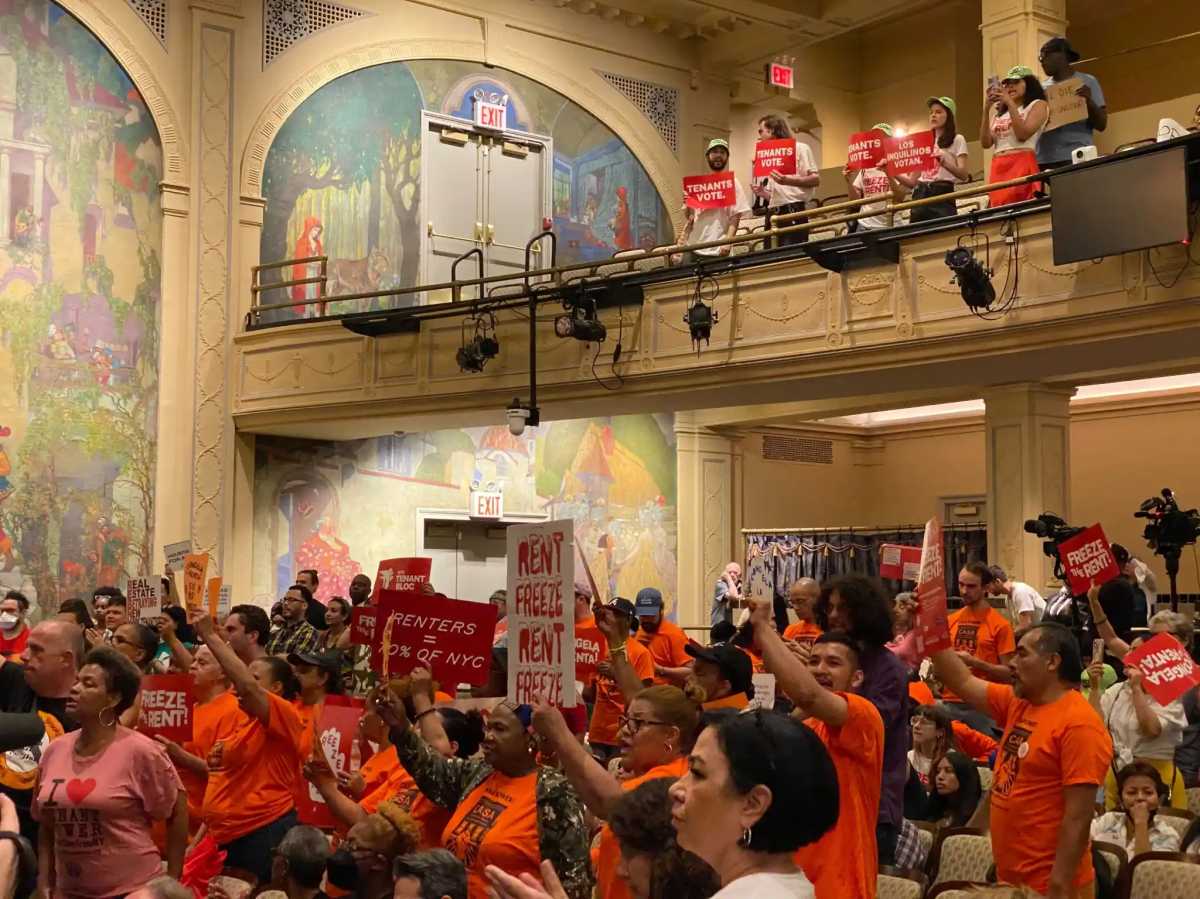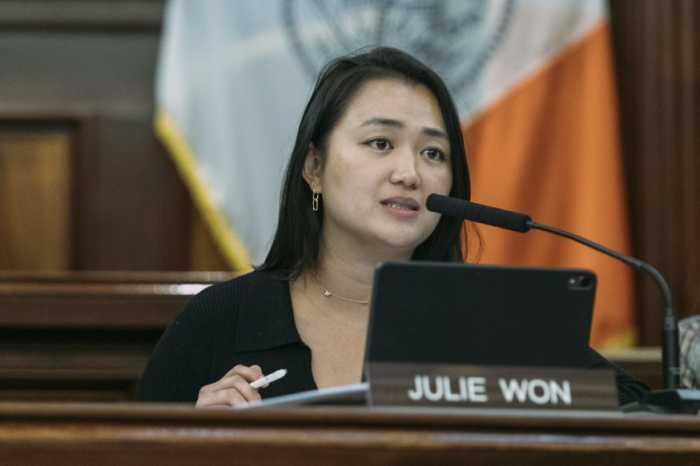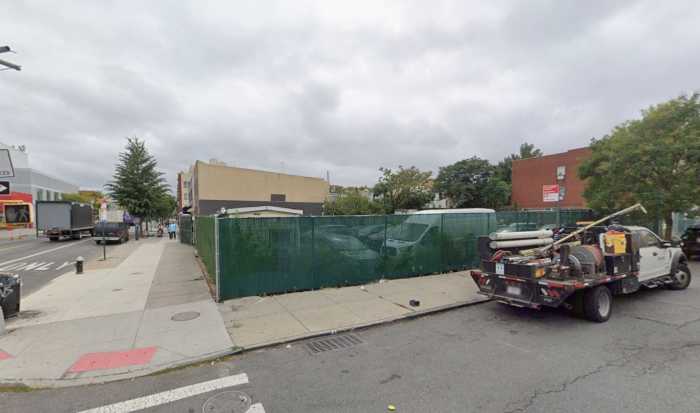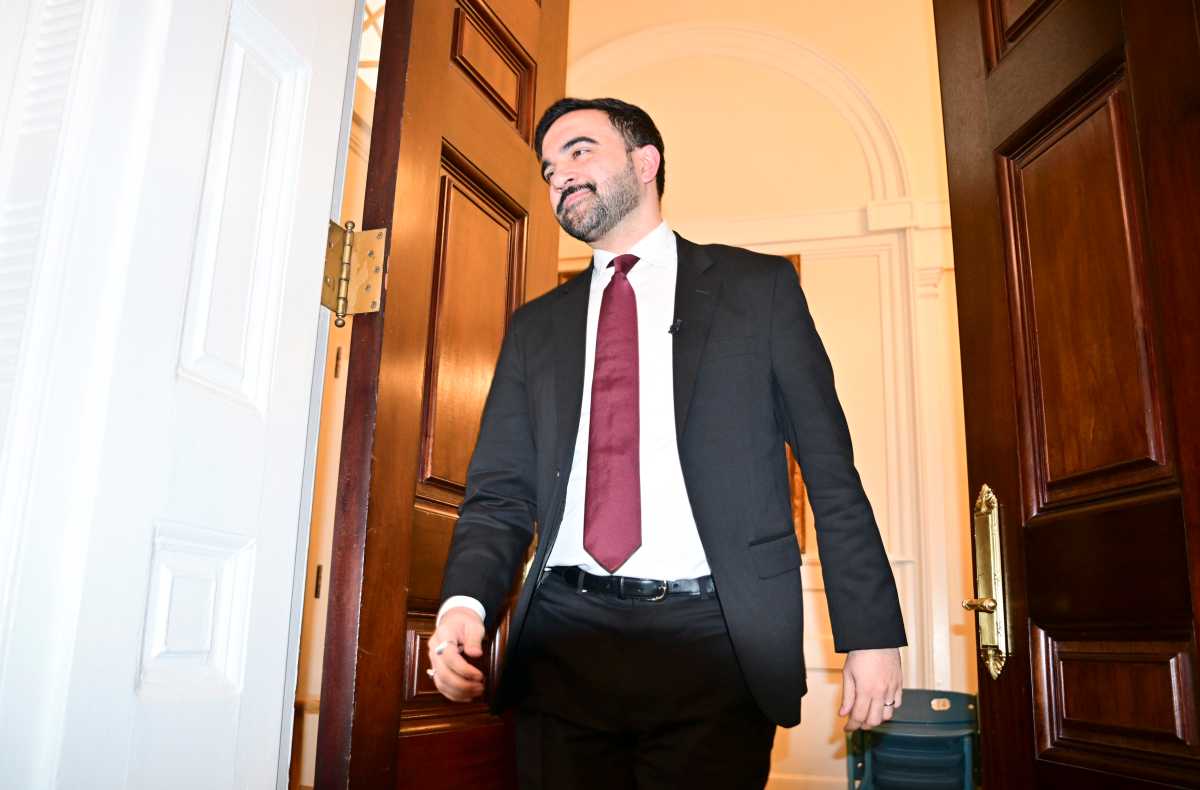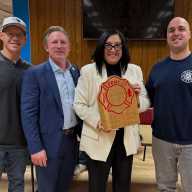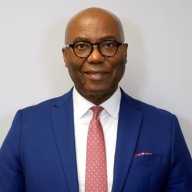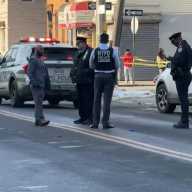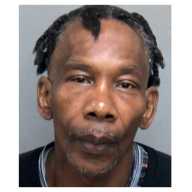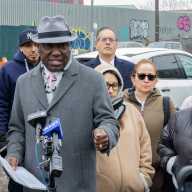Although some City Council races in Queens are over-saturated with candidates, in District 30 there are only two candidates running to represent the central Queens district in the June Democratic primaries.
District 30 encompasses Ridgewood, Glendale, Maspeth, Middle Village, Woodhaven and Woodside. It is currently represented by Robert Holden, who first took office in 2018. It’s one of the few City Council offices that isn’t occupied by a term-limited official.
Whoever is elected to represent the district will have to address several issues compounded by the ongoing COVID-19 pandemic, including an increasing need for affordable housing, more education resources, access to public transportation and an ongoing battle over a homeless shelter.
QNS sent five questions to Holden and challenger Juan Ardila to get a sense of their priorities.
See their responses, listed alphabetically, below. Some answers have been edited for length and clarity.
Juan Ardila
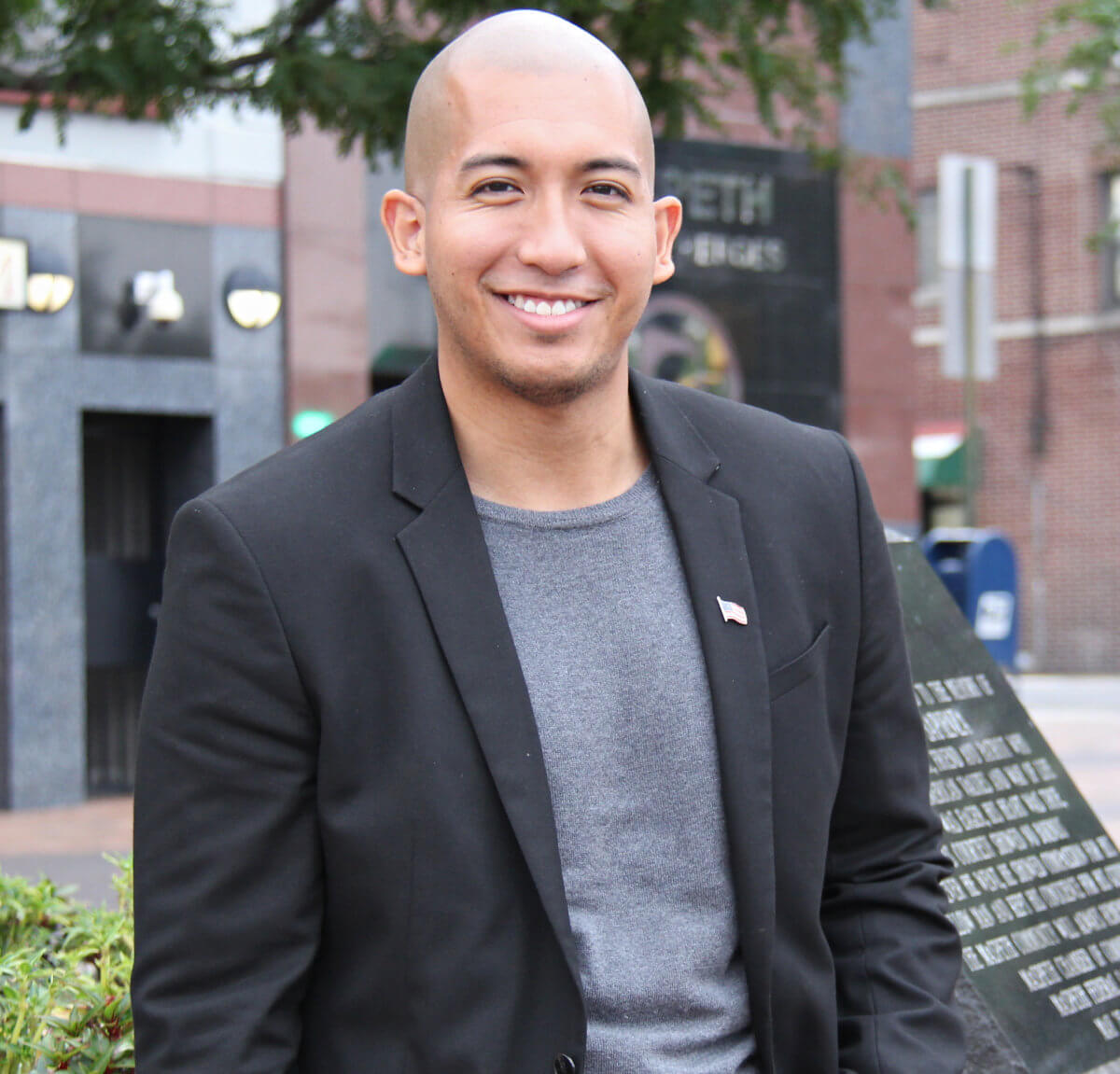
QNS: What, in your opinion, are the top three most pressing issues in your district?
Ardila: The top three issues in my district are housing, education and public transportation. Forty-four percent of the affordable units are projected to be lost by 2022, displacing tenants, [while] small homeowners are burdened with foreclosures and some of the highest property taxes. In education, our classrooms are overcrowded, teaching at over 106 percent capacity. We also lack any dual-language universal pre-K or universal 3-K, despite the district being nearly 50 percent foreign-born. Lastly, our district severely lacks transportation options. There are entire sections of Middle Village, Glendale and Maspeth without access to bus routes that run through the heart of those neighborhoods.
QNS: What aspect of your background speaks best to your abilities as a City Council member?
Ardila: I have been in public service my entire life. I worked within the City Council for two years. I’ve also supported at-risk youth with mentoring at the International Rescue Committee. I’ve successfully worked to expand pre-K and 3-K for All programs in the city for our youngest learners, and I currently work at a legal service nonprofit, where I help New Yorkers with legal representation and accessibility to benefits. During the pandemic, I supported our community with food distributions and legal services. As your Council member, I will ensure the residents of District 30 are set up for success.
QNS: What do you love most about your district?
Ardila: I love quite a few things about the district, but the memories going back to my childhood stand out. I actually had my first date at Atlas Park in middle school! Also, the fond memories of playing soccer at Juniper [Valley Park] on the weekends and going to Woodhaven House for Friendsgiving during college. In addition, the diversity of the district is incredible, which also means great food! [District] 30 is nearly 50 percent foreign-born, and while many of those residents live in the portions of the district that are underserved, it is undeniably the strength of our portion of central Queens.
QNS: Even though it won’t be applicable in your race, are you in support of ranked-choice voting? Why or why not?
Ardila: Although ranked-choice-voting (RCV) does not apply to my race, I support it. RCV allows voters to rank their top five candidates, and creates more pathways for people that come from non-traditional backgrounds to get involved. RCV also discourages negative campaigning, and instead creates space for constructive dialogue with voters throughout the entire district. RCV allows candidates to be more transparent and forthright about the issues they support, and it will allow voters the choice to decide where on the spectrum of ideology they most align. And hopefully over time it will result in less polarized candidates, elections and results.
QNS: In District 30, homelessness remains an important issue — previously due to the opening of the Glendale shelter and now because of the pandemic’s exacerbation of housing insecurity. What policy measures would you introduce or support in order to effectively address homelessness?
Ardila: I believe in a housing first model, which moves away from the shelter model and provides permanent housing security for New Yorkers. Other cities have shown us the power of the housing first model, most notably when Salt Lake City reduced their homeless population by 91 percent using this approach. District 30 is largely one- and two-family houses, so we need to be creative to increase housing supply. Thus, I support legalizing accessory dwelling units — it will expand safe and affordable homes for tenants, increase revenue for homeowners and create union construction jobs that won’t disrupt the fabric of the neighborhood.
Robert Holden
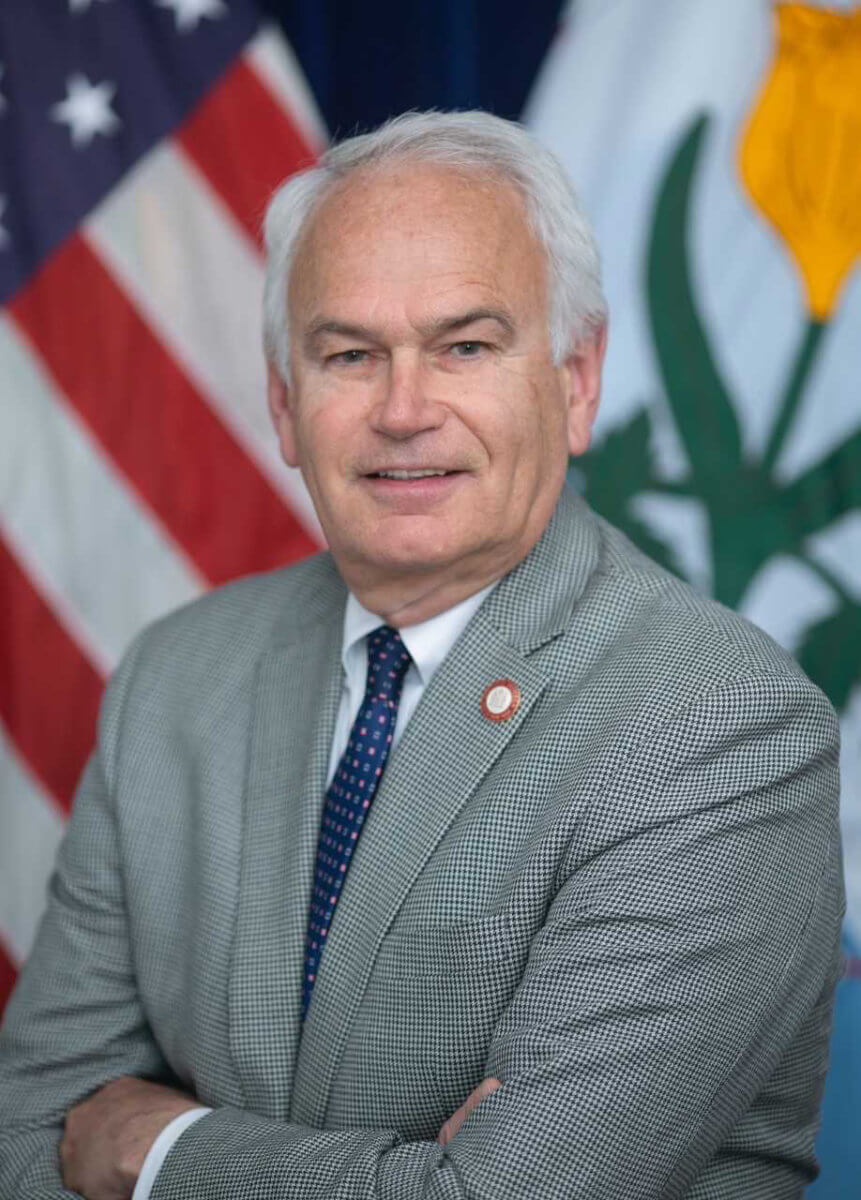
QNS: What, in your opinion, are the top three most pressing issues in your district?
Holden: I continue to maintain the quality of life in our neighborhoods, especially amid recent budget cuts to Parks and Sanitation. If things like litter and graffiti are left unchecked, it will lead to more serious problems. Children are New York’s most precious resource and they are entitled to a strong education. Every child should get the help they need and the opportunities they earn, including the Gifted and Talented program. We need more senior and affordable housing — seniors are our most vulnerable population and we need to take care of them. Congregate shelters are not a good solution to homelessness.
QNS: What aspect of your background speaks best to your abilities as a City Council member?
Holden: My more than 35 years of experience as a civic leader and community board member have given me a unique perspective on serving in the Council. I know exactly what matters to my neighbors, because I’ve been dealing with these issues for decades. I don’t look at what’s good for my political career, because I don’t need one. I’m just here to look out for the community and fight for our fair share from City Hall and to keep our neighborhoods safe and clean.
QNS: What do you love most about your district?
Holden: There’s a very strong sense of community in this district. People from all over the city, the country and the world come here to live and work hard for a piece of the American Dream. It’s remarkable to see neighbors from diverse backgrounds come together to do things like volunteer to clean up a park together on a Saturday morning. It’s a working-class and middle-class district, which gives it a unique character and a strong community spirit. Unfortunately, districts like this are often shortchanged by City Hall, so I’m very proud that I brought home record-breaking funding for our neighborhoods.
QNS: Even though it won’t be applicable in your race, are you in support of ranked-choice voting? Why or why not?
Holden: I think it’s an interesting idea but I think that between the pandemic and the way it was rolled out, a lot more education is needed for people to understand it.
QNS: In District 30, homelessness remains an important issue — previously due to the opening of the Glendale shelter and now because of the pandemic’s exacerbation of housing insecurity. What policy measures would you introduce or support in order to effectively address homelessness?
Holden: To reduce homelessness, this city needs to address its mental health crisis. Many homeless people suffer from untreated mental illness, including substance abuse. Sticking them in a congregate shelter or hotel where they don’t receive the treatment they need is not good for them or for the city’s neighborhoods. We need to make use of things like Kendra’s Law and smaller shelter facilities where homeless people receive treatment and live with dignity. I have allocated funds to programs like the faith-based Hungry Monk Rescue Truck and bed program, run by Father Mike Lopez. Congregate “warehouse” shelters are not a solution.

